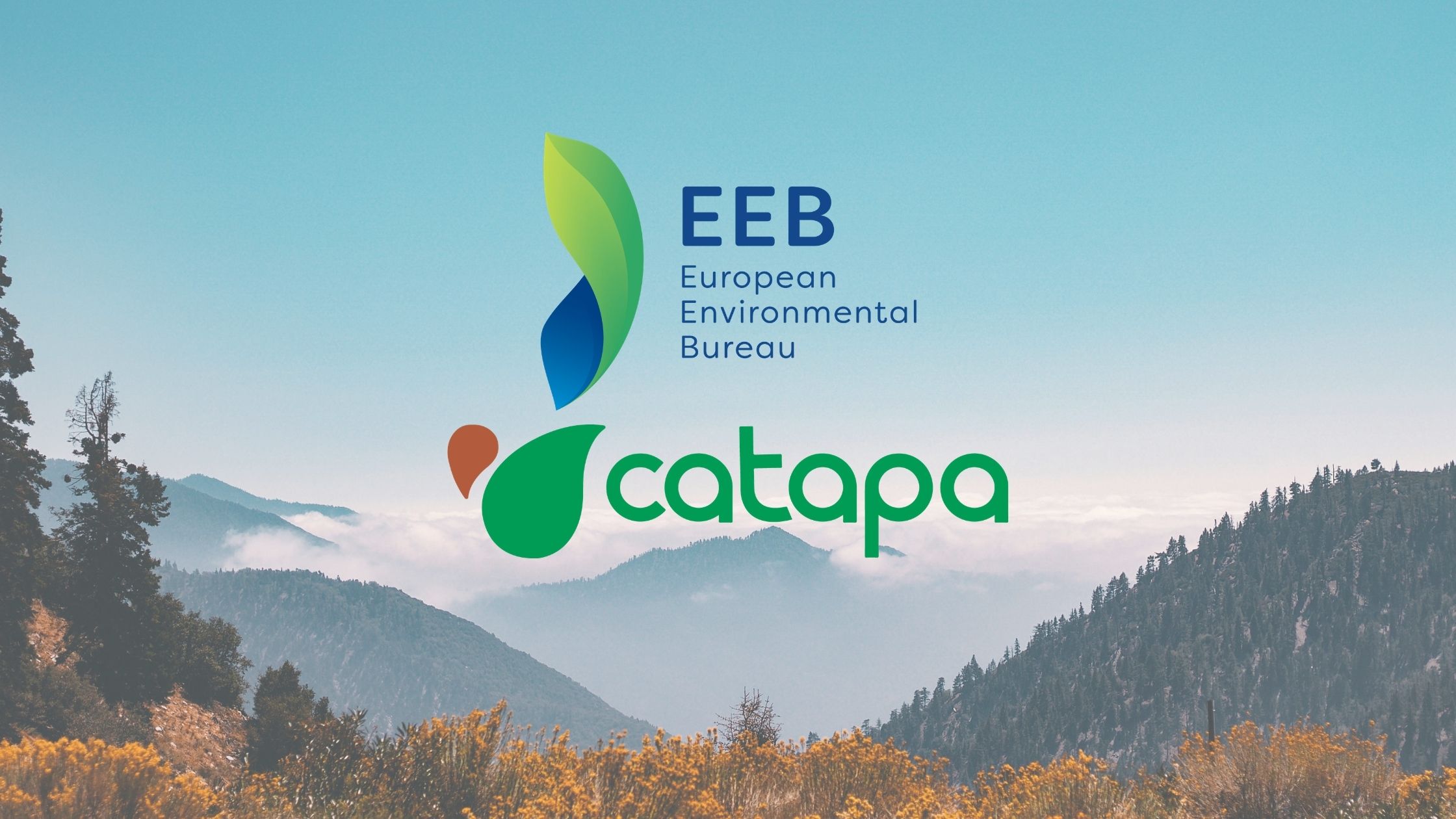NEWS:
Worker Driven Monitoring of the Mining Sector
CATAPA is entering a new partnership which will trial worker-driven monitoring of mining operations across three continents.
A new pilot project has been launched, in which Electronics Watch will be cooperating with CISEP and CATAPA to establish worker-driven monitoring in the tin mines in Oruro, Bolivia.
The goal of this project is to put in place a monitoring tool for public procurers to check their supply chains from the mining stage. Using a bottom-up approach the ambition is to improve working conditions for miners and stop further environmental degradation to those areas that directly affect communities downstream.
As a first step in the process, Electronics Watch with linguistic support from CATAPA provided 4 monitoring training sessions, focusing on:
- The strengths of public procurement and the Electronics Watch model
- Methods for worker-driven monitoring
- Analysis of results and options for remediation
- Reporting the findings and engaging companies
Similar monitoring projects are also being set up by Electronics Watch with partners in the Philippines (nickel mines) and the Democratic Republic of Congo (cobalt mines), in addition to Bolivia (Tin). These three metals are essential resources needed for the manufacturing of electronics and batteries.
The end goal of worker driven monitoring of these mines will be an important step-change in the transparency of global supply chains and we look forward to working with our project partners into the future.






